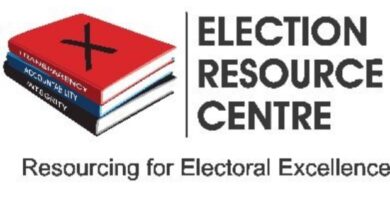2025 Monetary Policy unveiled

Peter Moyo
The Reserve Bank of Zimbabwe (RBZ) Governor, Dr. John Mushayavanhu has presented the Monetary Policy Statement (MPS) for the year 2025. The statement focuses on “Back-to-Basics” strategies aimed at bolstering the nation’s currency, the ZiG, and fostering economic growth amidst ongoing challenges.
The foreign currency retention for exporters has been adjusted from 75% to 70%. This policy shift, according to Dr. Mushayavanhu, is designed to “augment the supply of foreign currency and build critical foreign exchange reserves” to support the ZiG.
Some restrictions on forex trading have been lifted, allowing companies to trade forex at market-consistent margins and purchase unlimited amounts, aiming to ease business operations in a dollarized economy.
In a move to promote digital payments, Dr. Mushayavanhu announced that transactions below $5 or their ZiG equivalent will be exempt from service fees, stating, “This aims to reduce the financial burden on low-value transactions.”
The policy reaffirms the RBZ’s commitment to maintaining a tight monetary stance with high interest rates to combat inflation, which has seen a significant drop from 37.2% in October to 3.7% in December 2024.
The introduction of the Targeted Finance Facility (TFF) to finance productive sectors without fueling inflation was highlighted. This facility will be funded from statutory reserves held by banks at the RBZ, ensuring no new money creation.
In addition to the monetary policy adjustments, Dr. John Mushayavanhu announced that the Reserve Bank of Zimbabwe is enhancing the quality and design of ZiG bank notes to meet international standards.
The market has shown a mixed response to the new policies. While some sectors like exporters express dissatisfaction over the reduced forex retention, others see potential benefits in the relaxed trading margins. Social media posts on X reflect a range of sentiments from cautious optimism to skepticism about the effectiveness of these measures in the long term.
Dr. Mushayavanhu emphasized, “Our strategy seeks to balance stimulating economic growth with ensuring macroeconomic stability,” acknowledging the delicate balance required in policy-making amidst Zimbabwe’s economic complexities.




